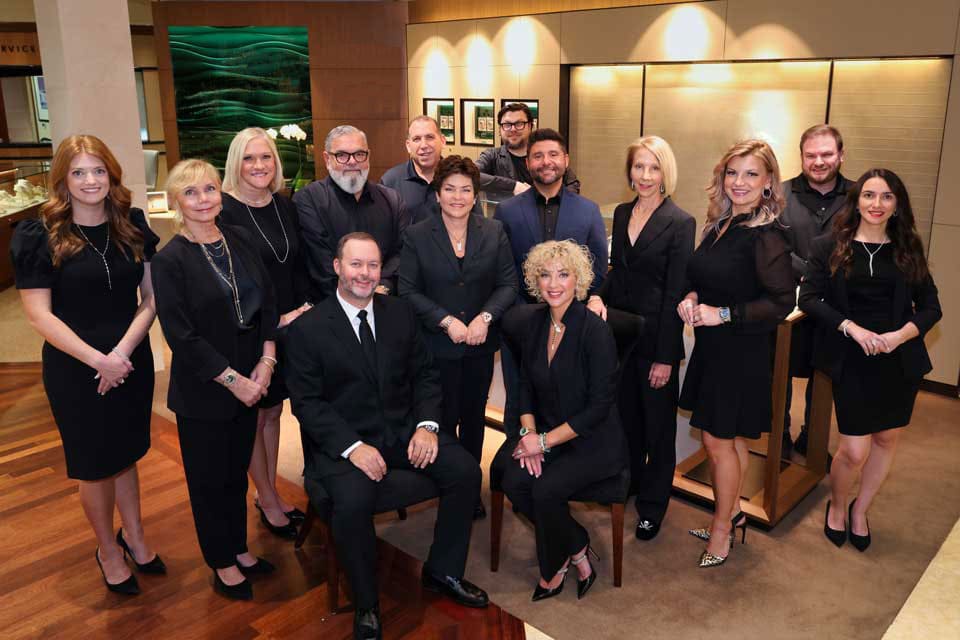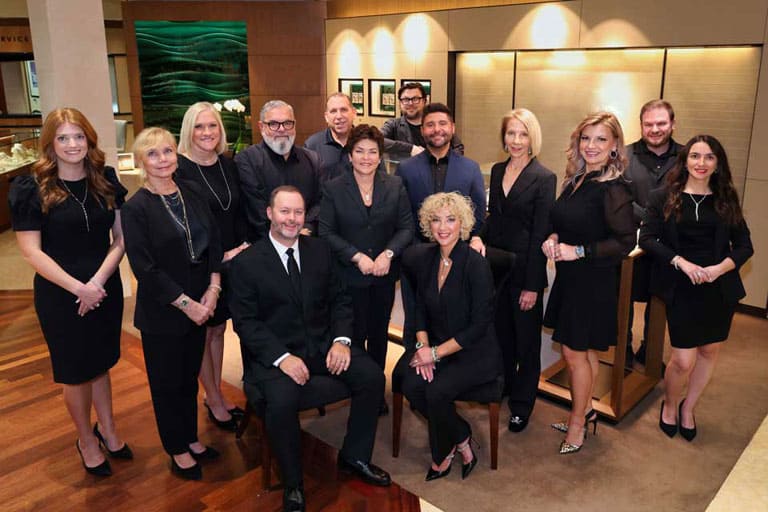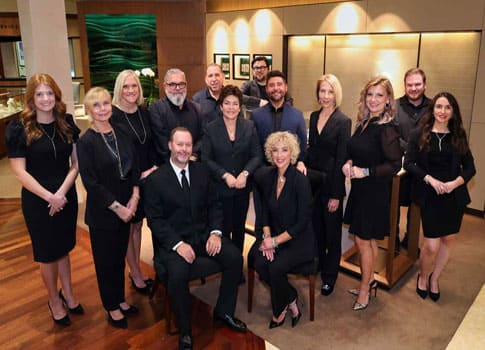On our website, we use services (including from third-party providers) that help us to improve our online presence. The following categories of cookies are used by us and can be managed in the cookie settings. We need your consent before being able to use these services. Alternatively, you may click to refuse to consent, of access more detailed information and change your preferences before consenting. Your preferences will apply to this website only. You can change your preferences at any time by returning to this site or visit our privacy policy.
By authorizing third-party services, you allow the placement and the reading of cookies and the use of tracking technologies required to keep our website reliable and secure.
Essential
These cookies are required to run available services and to provide basic shopping functions. These cookies are exempt from consent according to the exceptions provided by the Article 82 of Data Protection Act
|
Name: cmp_cookies
Description: This cookie created to save the user's choice of certain categories of cookies
Expiration: 1 year
Provider: Bigham Jewelers
|
|
Name: _ga_EGP9DPWYRC
Description: Description
Expiration: Expiration
Provider: Provider
|
|
Name: _ga_LP4X98Y6BN
Description: Description
Expiration: Expiration
Provider: Provider
|
|
Name: _ga_M301NZR90N
Description: Description
Expiration: Expiration
Provider: Provider
|
|
Name: _ga_33FDQKDJ84
Description: Description
Expiration: Expiration
Provider: Provider
|
|
Name: AMP_MKTG_16a5c84b5b
Description: Description
Expiration: Expiration
Provider: Provider
|
|
Name: AMP_16a5c84b5b
Description: Description
Expiration: Expiration
Provider: Provider
|
|
Name: PHPSESSID
Description: This is the default identifier that PHP uses for cookies generated by session_start()
Expiration: session or longer
Provider: Bigham Jewelers
|
Personalisation
These cookies provide a custom experience on our website
Analytics and statistics
These cookies allow us to measure visitors traffic. They also help us understand which products and actions are more popular than others
Adobe Analytics and Content Square (Rolex section)
Privacy Policy: Rolex Cookies Policy
Purposes (consent)
Legimate Interest Purpose(s)
|
|
Name: _ga
Description: This cookie created to store and count pageviews.
Expiration: 2 years
Provider: Google LLC
|
|
Name: GTM-M8LNBKQF
Provider: Google Tag Manager
|





















